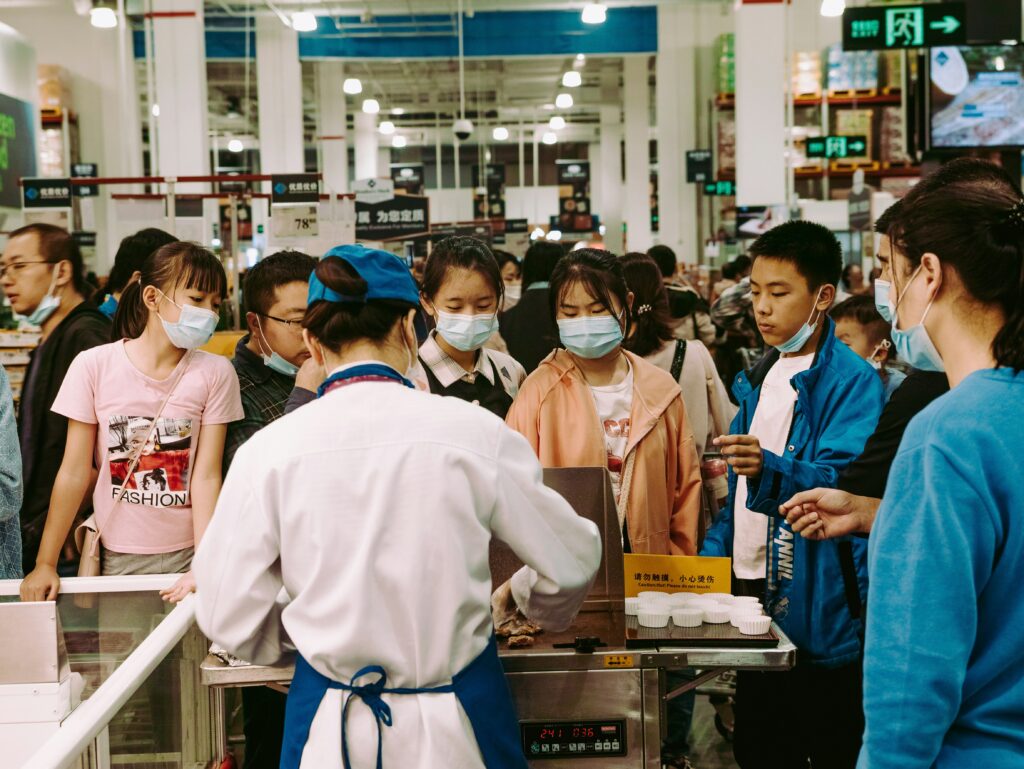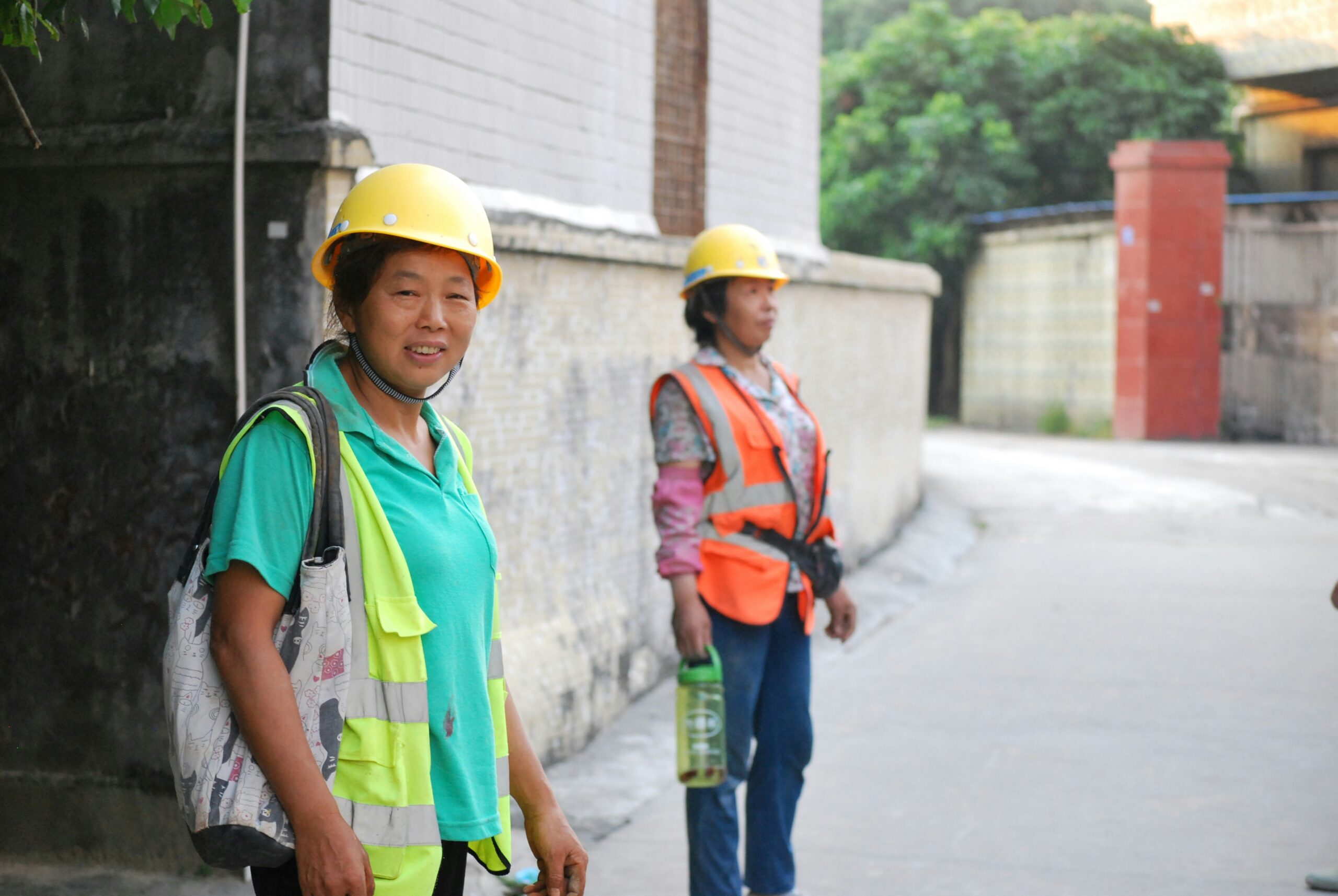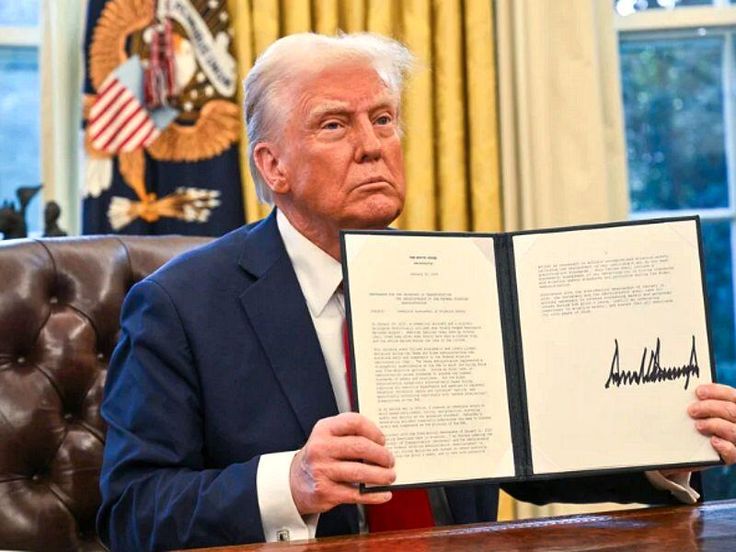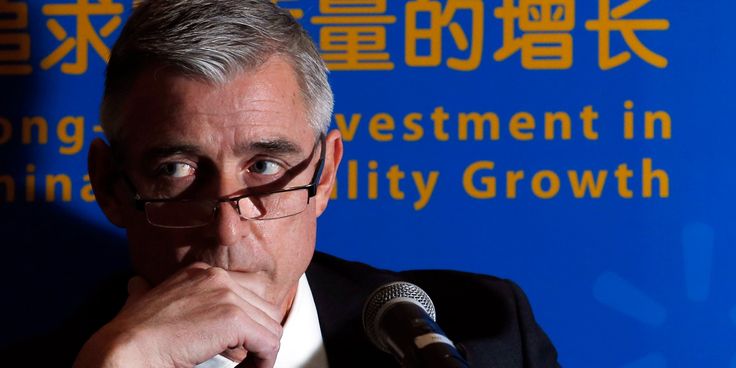The South Korean workers detained in US during a massive immigration raid at a Hyundai plant in Georgia are now facing a delayed return home, according to Seoul’s Foreign Ministry. What was expected to be a swift resolution has instead grown into a diplomatic and political flashpoint between two close allies, the United States and South Korea.
This article takes a deep dive into the unfolding crisis, the circumstances surrounding the raid, its impact on US-South Korea relations, and what it means for global trade and immigration policies.
Background of the Immigration Raid
On 4 September 2025, US immigration officials carried out one of the largest worksite enforcement operations in recent history, targeting a Hyundai Motor Group and LG Energy Solution battery facility in Georgia. Authorities detained 475 workers, more than 300 of whom were South Korean nationals, accusing them of working illegally in the country.
The raid created widespread confusion and panic at the plant. Workers, many of them mechanics installing production lines, were reportedly employed by subcontractors and not directly by Hyundai or LG.
One worker told the BBC that “people didn’t know what was happening. We thought it was a fire drill at first, then officers started separating people and asking for documents. Everyone was scared.”
This raid comes at a sensitive moment when both Washington and Seoul are negotiating trade and security agreements, raising questions about its timing and intent.
South Korea’s Response
The South Korean Foreign Ministry has confirmed that the return of the detained workers has been delayed due to circumstances on the US side. Officials said they were coordinating with Washington to ensure the safe and prompt repatriation of their citizens.
Originally, the workers were scheduled to leave on a chartered plane at 14:30 local time on Wednesday, but those plans have been stalled. A Korean Air aircraft had already departed Incheon International Airport bound for Atlanta to bring back the detained workers.
Foreign Minister Cho Hyun flew to Washington to meet with US Secretary of State Marco Rubio. He stated before departure:
“We will work with the Trump administration to prevent incidents like this from happening again. South Korean citizens must be treated fairly, and their dignity must be respected.”
US Position on the Raid
The White House defended the raid, saying it was part of a broader effort to enforce immigration laws and ensure that jobs go to American workers first. President Donald Trump commented on the operation in a social media post, writing:
“Foreign companies should hire Americans. We will make it quickly and legally possible to bring foreign workers if immigration laws are respected.”
US officials maintain that the raid is not aimed at discouraging foreign investment but at addressing illegal labor practices. The Department of Homeland Security (DHS) said that only individuals working without proper documentation were targeted.
However, critics argue that the raid could have serious consequences for US economic relations with key allies and deter foreign companies from setting up operations in America.
Trade and Investment Concerns
South Korea is one of the largest foreign investors in the United States, pledging tens of billions of dollars in new projects, particularly in the electric vehicle and battery sectors. The Georgia facility where the raid occurred is one of the largest foreign investment projects in the state, and a critical piece of the Biden and Trump-era push to expand domestic EV production.
Analysts warn that the detention of hundreds of South Korean workers risks sending a chilling signal to international investors. “Foreign governments may begin to question whether the US is a stable environment for investment,” said an economist at Seoul National University.
South Korean media outlets have also criticized the raid, describing it as “humiliating” and “ill-timed,” given the ongoing trade talks between the two countries.
Human Impact of the Detentions
Beyond the political and economic implications, the South Korean workers detained in US face a deeply personal crisis. Many have families waiting for them back home, while others left behind jobs and responsibilities in Korea to work temporarily on US-based projects.
Some detainees were reported to be highly skilled engineers and technicians brought in for specialized tasks, raising questions about how immigration enforcement intersects with high-tech industries’ labor needs.
Videos of the raid circulating online show visibly shaken workers being escorted by officers, fueling anger among South Koreans and adding pressure on the Seoul government to act swiftly.
Domestic Political Repercussions in South Korea
The incident has also triggered heated debate within South Korea’s political landscape. Opposition parties have accused the government of failing to protect its citizens abroad, while ruling party officials emphasize the need for continued cooperation with Washington.
Some lawmakers have demanded a review of Seoul’s foreign labor agreements with the United States. Others are calling for stronger guarantees to protect South Korean nationals working in overseas projects.
The timing is particularly sensitive, as South Korea heads toward parliamentary elections in early 2026.

Immigration Policy Under Scrutiny
This case has reignited broader debates about immigration enforcement in the United States. While the Trump administration has long emphasized stricter immigration controls, critics argue that mass raids create unnecessary diplomatic tensions.
Advocacy groups in both the US and South Korea have called for more humane treatment of foreign workers. “The people detained are not criminals; they are skilled workers who were helping to build America’s future industries,” said one labor rights activist in Atlanta.
Five Eyes Connection
Interestingly, the raid comes just days after US Homeland Security Secretary Kristi Noem met with UK Home Secretary Shabana Mahmood and other Five Eyes allies to discuss immigration and border security. Some analysts believe the operation at the Hyundai plant may have been timed to underscore Washington’s seriousness about enforcement.
Future Outlook
The South Korean workers detained in US remain in limbo, as diplomatic negotiations continue. Both governments face pressure: Washington to uphold its immigration laws, and Seoul to protect its citizens and maintain strong trade ties.
Possible outcomes include:
- A negotiated fast-track deportation and repatriation deal.
- Revisions to future labor agreements for South Korean workers.
- Tighter vetting of subcontractors handling foreign labor at US plants.
What remains clear is that this incident has highlighted the fragile balance between immigration enforcement, international diplomacy, and economic investment.



